Surajeet Das Gupta in New Delhi
On October 18, in the morning, Niira Radia called her top executives to her Taj Wellington Mews residence in Mumbai.
As they trooped into a room, the central attraction of which is a large Ganesha, most of them sensed she wanted to get out of the daily grind of business: public relations agencies Vaishnavi and Nucom, and government affairs consultancy Noesis.
She had worked round the clock for almost ten years, gone through ups and downs, and built a business of almost Rs 100 crore (Rs 1 billion).
So, maybe she wanted to take life easy. What she announced left some of them very surprised: she had decided to shut the business on November 1, the day of Vaishnavi's 10th anniversary and a day after her contract with Tata Group would have expired.
. . .
Why Niira Radia shut India's largest public relations firm
Image: Ratan Tata.Photographs: Reuters
She wouldn't leave her people in the lurch, she said. While many would be absorbed in Reliance Industries, the bread-and-butter customer of Nucom, those left without a job would get three months' salary.
"We were signing accounts as late as the first week of October when we took on board a Titan Industries subsidiary. We had readied contracts for some non-Tata companies which would start from November," says a senior Vaishnavi executive.
Radia's decision to close shop was as dramatic as her entry into the country's close-knit world of public relations.
. . .
Why Niira Radia shut India's largest public relations firm
Image: Mukesh Ambani.Photographs: Reuters
A Non-Resident Indian from the United Kingdom, who had closed her travel agency and had started with zilch experience of media management, she made Vaishnavi the country's largest public relations agency -- nearly double the size of its nearest competitor.
And in the ten years she handled premium accounts like the Tata Group and Reliance Industries, she did not hesitate to take on media houses, industrialists , politicians, and of course, Anil Ambani, head on.
She also changed the norms of the business. Her senior executives travelled business class, stayed at luxury hotels and got paid higher than rivals.
. . .
Why Niira Radia shut India's largest public relations firm
Photographs: Reuters
She would quote sometimes over 50 per cent higher than her rivals and still grab the account. In her heydays, Radia even charged over Rs 10 lakh (Rs 1 million) a month when most others would be elated at half the amount.
From public relations, she expanded into corporate affairs and even handled corporate social responsibility for those who were willing to pay.
So why did she suddenly close? Detractors say the Radia tapes leaked last year dented her image in a business where reputation matters more than anything else.
. . .
Why Niira Radia shut India's largest public relations firm
Her conversations with journalists, bureaucrats, businessmen and ministers created the image of an all-powerful lobbyist.
What stood out in the conversations was her anxiety to get A Raja, who had got fully embroiled in the 2G spectrum controversy by now, the telecom ministry after the United Progressive Alliance came back to power in 2009.
(Ratan Tata would later admit that he had a 'chemistry problem' with the other candidate for the post, Dayanidhi Maran.)
. . .
Why Niira Radia shut India's largest public relations firm
Image: Anil Ambani.Photographs: Reuters
Raja indeed got the job. Journalists dismissed their conversations with Radia as casual banter to extract information from her.
Her role in the controversy was also examined by the Central Bureau of Investigation and the Enforcement Directorate (for violation of foreign exchange laws).
Both the agencies gave her a clean chit, but the damage had been done. "What matters is the perception, not the reality. Rajat Gupta might not be found guilty by the Securities Exchange Commission (for passing on insider information to Raj Rajaratnam of Galleon) but which company will re-induct him on its board?" asks a public relations veteran.
. . .
Why Niira Radia shut India's largest public relations firm
Image: A Raja.Photographs: Reuters
The controversy impacted her business as well; some of her customers who left included multinational corporations like Lavazza and Schneider Electric, apart from the Confederation of Indian Industry (its former director general, Tarun Das, got into a controversy because of his conversation with Radia).
All told, she lost 10-15 accounts after the controversy broke out, say insiders who worked with her.
But that would not have made a serious dent because the Tata Group and Reliance Industries, which contributed over 80 per cent to her business, stood by her.
. . .
Why Niira Radia shut India's largest public relations firm
The Tata contract was coming up for renewal on October 31. Insiders say that the contract had one key clause: Radia should run the business and drive the account personally for the next five years.
But Radia was clear that she did not want to be involved in running the account personally anymore, though insiders say she was not averse to her team continuing the business while she stayed invested.
The end result could be only one: close down.
. . .
Why Niira Radia shut India's largest public relations firm
Many would argue that she could have easily sold off the agency; after all, just a few months before the tapes controversy, she had talked to private equity funds and an international public relations agency to sell some stake.
And there were many unsolicited partnership offers. But Vaishnavi would not have got the valuation without the Tata mandate.
Also, any buyer would have tied her in the business for some years as a precondition for sale, which was not acceptable to her. The controversy had reduced her appetite for a fight.
. . .
Why Niira Radia shut India's largest public relations firm
"For many years a few vested interests have been trying to harm Vaishnavi and me personally. Till the recent past I would fight back, survive and probably react. But today I want to give them their victory and let them savour it," she said in an email to her employees.
But was there some disconnection between the Tata Group and Vaishnavi after the tapes were made public? Radia declined to talk for this article.
But there are some pointers. Last year, a few weeks after the tapes had become public, a team of senior Tata executives went to media houses to get their assessment of how the Tata name had been dented.
. . .
Why Niira Radia shut India's largest public relations firm
There was nobody from Vaishnavi in that team. Subsequently, Ratan Tata said in a television interview that while there was no conflict between his group and Mukesh Ambani's Reliance Industries at the moment, there could be one in the future: telecom.
So, Radia has to take a call. "Tata defended his group but he never defended the conversations Radia had, many of which were industry issues," says a senior government official.
"Radia was not working for us alone," Tata told the Public Accounts Committee of Parliament. "She has been a supporter of Raja in many ways."
. . .
Why Niira Radia shut India's largest public relations firm
Thus, in her email to her employees, Radia mentioned that Reliance Industries would absorb 30 of them; there was no such commitment from the Tata Group, though some insiders say that it may absorb some members of her team.
Radia's contract with Reliance Industries, incidentally, had two more years left.
It all started in the late 1990s when, after briefly helping Subrato Roy with Sahara Airlines, Radia set up Crownmart, an aviation consultancy, which did business with Singapore Airlines.
. . .
Why Niira Radia shut India's largest public relations firm
Around the same time the government wanted to sell 40 per cent in Air India. Singapore Airlines decided to bid for the stake with the Tata Group. In order to work out the details of the partnership, it sent Radia to meet Tata.
She was given 20 minutes but the meeting went on for two hours. Tata has never spelt out what he liked in her, but Radia talks confidently and comes across as well-informed and energetic.
The Air India divestment never happened. But Tata, impressed by her knowledge of the aviation business, offered her to take up the public relations mandate of his group.
. . .
Why Niira Radia shut India's largest public relations firm
Image: Sahara Group chief Subrata Roy.Photographs: Rediff Archive
Before she came in, the Tata Group had over 14 public relations agencies without any clear direction from the top. Tata now consolidated the work and gave it to Radia.
This was also the time when he was looking at consolidating the group's identity with a common logo and began to go global with a string of high-ticket acquisitions (Tetley, the trucks business of Daewoo, Corus and Jaguar & Land Rover).
Just six months into the job, Radia was called to douse the fires caused by the ouster of Tata Finance managing director Dilip Pendse -- considered close to Tata -- for alleged misappropriation of funds.
. . .
Why Niira Radia shut India's largest public relations firm
It was while handling the telecom business of Tata that she realised the importance of building bridges with the government and the bureaucracy, say insiders.
The Tata Group had a public spat with late Pramod Mahajan, the telecom minister from 2001 to 2003, when he attacked VSNL (which the Tata Group had bought from the government) for bankrolling the expansion of Tata Teleservices.
Radia played a key role in convincing Mahajan that there was synergy amongst the two companies as Tata Teleservices' international telephony would be handled by VSNL.
. . .
Why Niira Radia shut India's largest public relations firm
Mahajan cleared the investment. So much did Tata come to trust her that she personally delivered his handwritten letter to DMK supremo M Karunanidhi in which he made a case for Raja's reinstatement in 2009!
Pradeep Baijal, a former chairman of the Telecom Regulatory Authority of India and her partner in Noesis, introduced Radia to Mukesh Ambani, insiders say.
Radia not only managed to get the Reliance Industries account but also set up a new company (Nucom) for it; she put together a 40-member team in no time and in three weeks prepared a clear strategy on how to handle the battle with Anil Ambani over gas from the Reliance Industries fields in the Krishna-Godavari basin.
. . .
Why Niira Radia shut India's largest public relations firm
It isn't that Radia succeeded in all her businesses and mandates. Despite her best efforts, she couldn't convince Mamata Banerjee to alter her stand on Singur, nor was she able to get Tata to meet the enigmatic leader.
Rivals say she depended too much on the Left government to push the deal through. Her friends say Singur was a success because public sympathy eventually turned in favour of Tata.
Noesis too wasn't a grand success. While she hired retired bureaucrats, they did not get any business and depended on Vaishnavi for fresh mandates.
. . .
Why Niira Radia shut India's largest public relations firm
Image: Praful Patel.Photographs: Reuters
She also flirted with advertising. And her attempt to get into financial public relations, in collaboration with global agency Financial Dynamics, didn't really take off.
Radia's biggest failure was to give wings to her dreams of owning an airline, thanks to fierce opposition within the government as well as from existing airlines.
Radia promoted Magic Air which was to be a low-cost carrier but the government (Praful Patel was the aviation minister) stopped her because foreign investment was not allowed in the sector.
. . .
Why Niira Radia shut India's largest public relations firm
She also made an attempt to buy Sahara Airlines with a consortium of investors but found the price tag forbidding.
"I think there was always this fear from other airlines that she would rope in the Tata Group and get in big money. And her rivals would not like that to happen," says an aviation insider.
What next? Will she go back to London as many of her detractors believe? Those who know her say she will continue to work as a consultant and will stay on in India.
. . .
Why Niira Radia shut India's largest public relations firm
She wants to help companies keen to enter emerging markets, especially in Africa where she was born. The education and healthcare spaces also interest her; she might be an investor or push it personally.
She also hopes to support the businesses in which her three sons would like to go. Would she have just closed down if the tape controversy did not happen?
Most probably no, say those who know her well. They also say she would not have tied herself to her biggest account -- the Tata Group -- anymore.

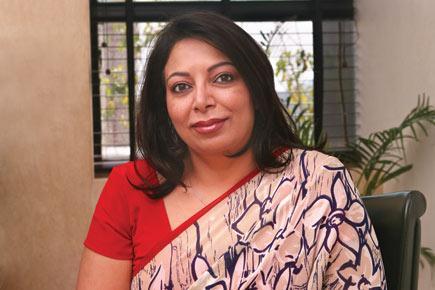
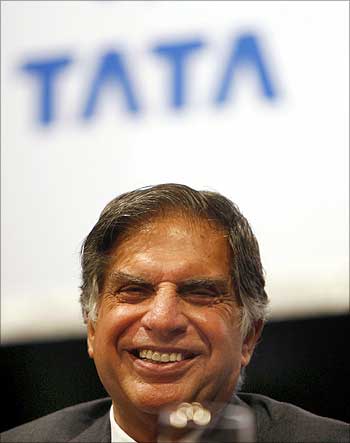

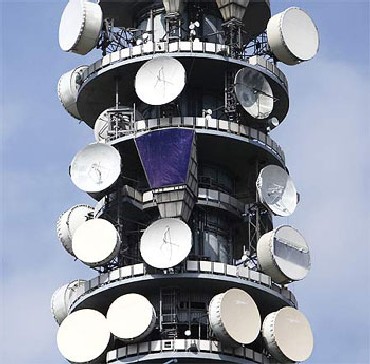
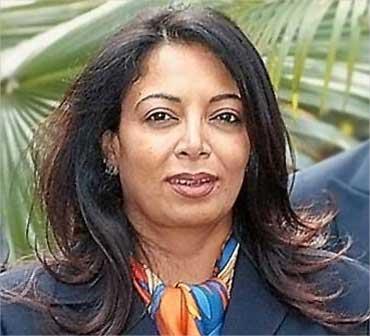
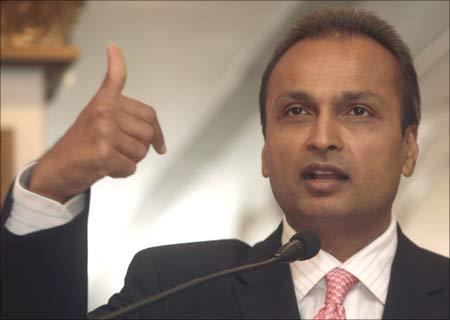
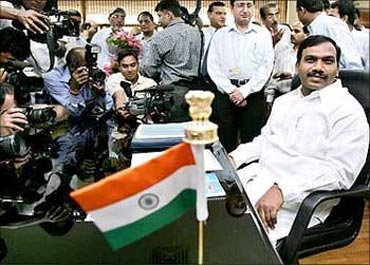
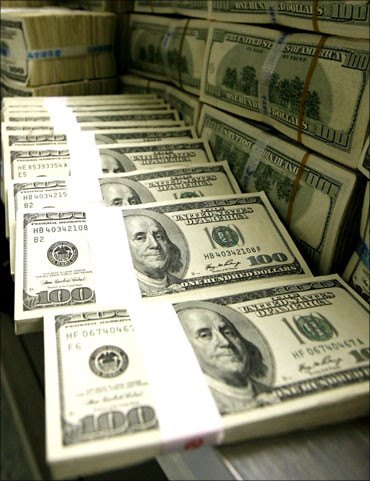
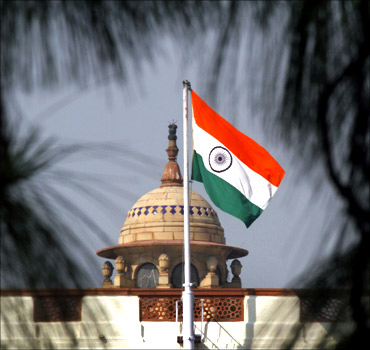
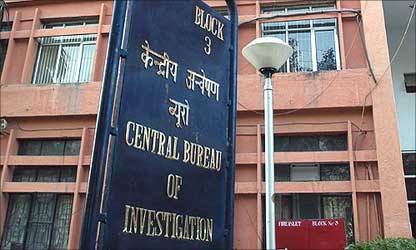

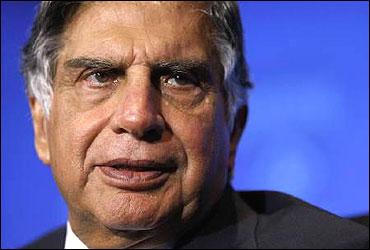

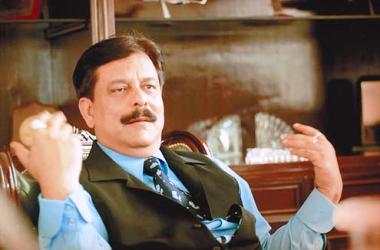
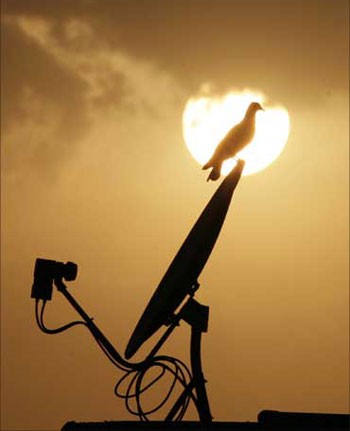
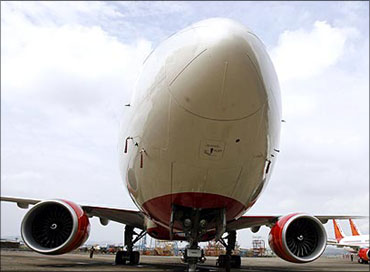
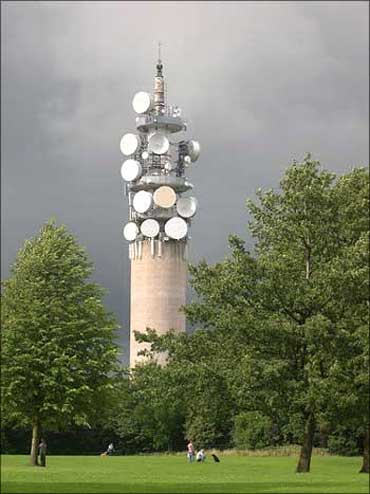
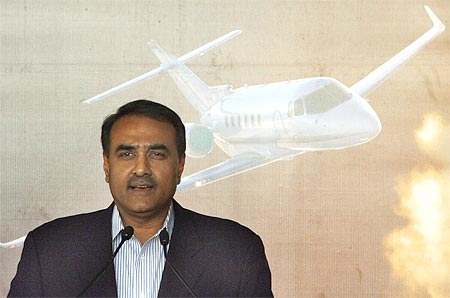



article